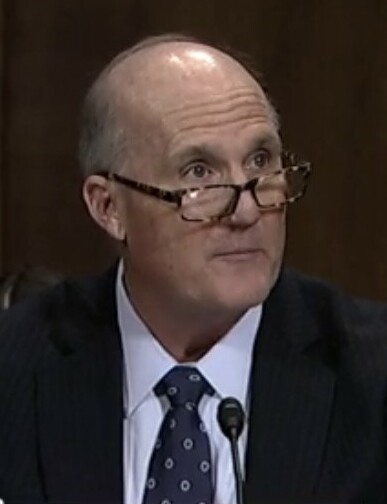Religion
Related: About this forumJudge's donations cloud rulings in Catholic bankruptcy case
Source: Associated Press
Judge’s donations cloud rulings in Catholic bankruptcy case
By JIM MUSTIAN
April 21, 2023
NEW ORLEANS (AP) — A federal judge donated tens of thousands of dollars to New Orleans’ Roman Catholic archdiocese and consistently ruled in favor of the church amid a contentious bankruptcy involving nearly 500 clergy sex abuse victims, The Associated Press found, an apparent conflict that could throw the case into disarray.
Confronted with AP’s findings, which have not been previously reported, U.S. District Judge Greg Guidry abruptly convened attorneys on a call last week to tell them his charitable giving “has been brought to my attention” and he is now considering recusal from the high-profile bankruptcy he oversees in an appellate role.
“Naturally,” Guidry told them, “I will take no further action in this case until this question has been resolved.”
AP’s reporting on Guidry and other judges in the New Orleans bankruptcy underscores how tightly woven the church is in the city’s power structure, a coziness perhaps best exemplified when executives of the NFL’s New Orleans Saints secretly advised the archdiocese on public relations messaging at the height of its clergy abuse crisis.
-snip-
Read more: https://apnews.com/article/catholic-church-sexual-abuse-clergy-saints-law-471b6d07f3335c4452f9a58654264494
______________________________________________________________________
https://en.m.wikipedia.org/wiki/Greg_G._Guidry

Beakybird
(3,397 posts)"It has come to my attention," that I made thousands of dollars of donations to the defendants. Lol.
Karadeniz
(24,738 posts)NullTuples
(6,017 posts)Pure Federalist Judge.
Also, from Ballotpedia, a reminder of how McConnell cheats:
Guidry was confirmed to a U.S. District Court under a new precedent the Senate established.
On April 3, 2019, the U.S. Senate voted 51-48 in favor of a change to chamber precedent lowering the maximum time allowed for debate on executive nominees to posts below the Cabinet level and on nominees to district court judgeships from 30 hours after invoking cloture to two.[3]
The change was passed under a procedure, often referred to as the nuclear option, that requires 51 votes rather than 60.[4]
It was the third use of the nuclear option in Senate history. In 2013, it was used to eliminate the 60-vote threshold to confirm presidential nominees, except those to the Supreme Court. In 2017, it was used to eliminate the 60-vote threshold required to confirm Supreme Court nominees.[5] For more, see Filibuster and reconciliation in the United States Congress.